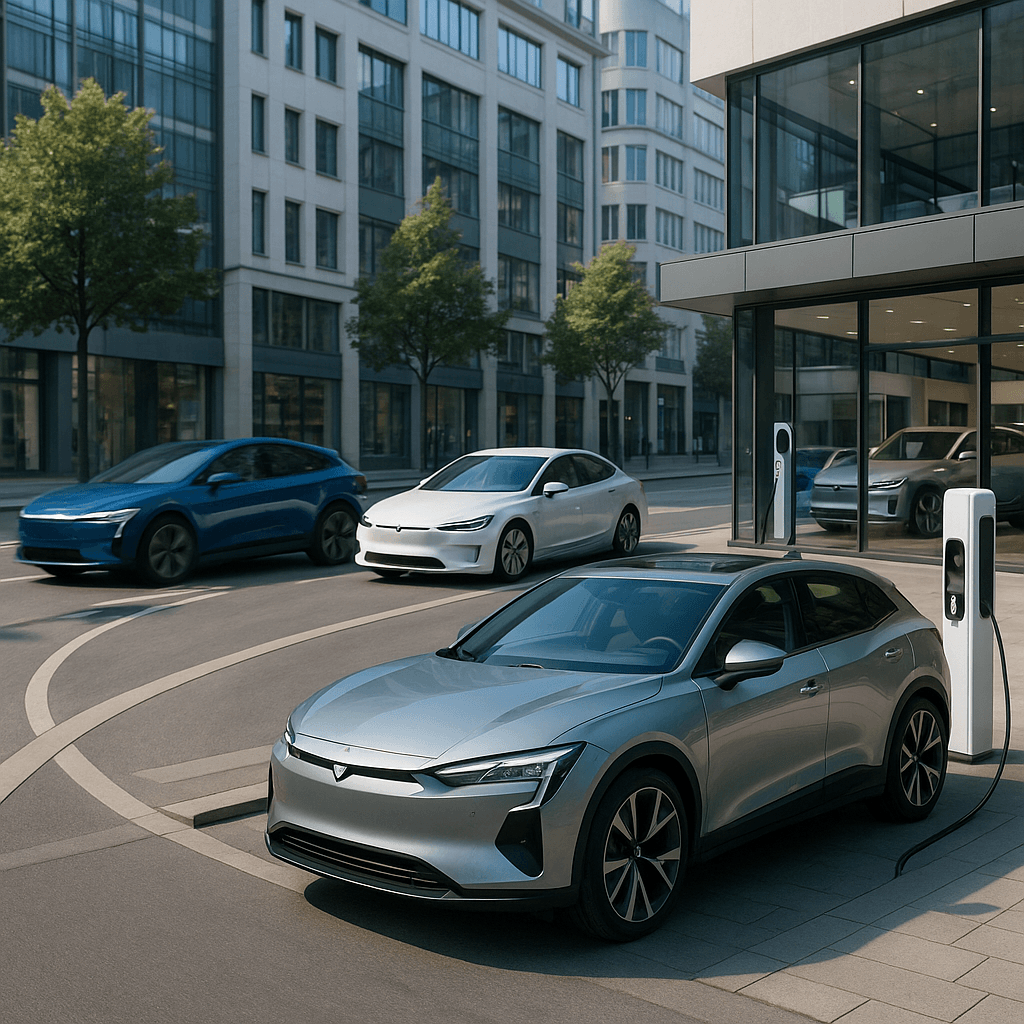Tesla is hemorrhaging European market share at an alarming rate, with July sales plummeting 40% year-over-year to just 8,837 vehicles — marking the company's seventh consecutive monthly decline. Meanwhile, Chinese rival BYD is capitalizing on Tesla's struggles, recording 13,503 registrations in July, a staggering 225% annual surge that now positions the Chinese automaker ahead of Tesla in monthly European sales.
Tesla just got schooled by Chinese rival BYD in Europe's crucial electric vehicle battleground. New registration data from the European Automobile Manufacturers Association reveals Tesla's sales crashed 40% year-over-year in July to just 8,837 vehicles, while BYD exploded 225% to 13,503 registrations — meaning the Chinese automaker actually outsold Tesla in Europe for the month. This marks Tesla's seventh consecutive monthly decline in the region, even as overall battery electric vehicle sales continued climbing across the continent. The stark reversal highlights how quickly the EV landscape is shifting, with Elon Musk's once-dominant automaker now struggling against an aggressive wave of Chinese competitors. Tesla's European troubles come at a particularly challenging time for the company globally. Second-quarter auto sales revenue fell, prompting Musk to warn investors that Tesla "could have a few rough quarters" ahead during the company's earnings call. The admission sent shockwaves through Wall Street, where Tesla's stock had been buoyed by promises of autonomous driving breakthroughs and an affordable Model 2 launch. Industry analysts point to multiple factors behind Tesla's European slide. The company hasn't refreshed its core Model 3 and Model Y lineup in years, while Chinese manufacturers like BYD have been launching new models at breakneck speed. "Tesla's product portfolio is looking increasingly stale compared to what's coming out of China," automotive analyst Matthias Schmidt told Automotive News Europe. BYD's European offensive has been methodical and aggressive. The Shenzhen-based company has opened showrooms across major European cities over the past two years, pricing its vehicles competitively against established players. The strategy is paying dividends — Chinese brands now command a record market share of more than 5% in Europe during the first half of 2025, according to JATO Dynamics data. But Tesla's challenges extend beyond product cycles and pricing pressure. Musk's increasingly controversial political statements and his relationship with the Trump administration have damaged the Tesla brand among European consumers, particularly in markets like Germany where environmental consciousness often intersects with progressive politics. "There's definitely a segment of European buyers who are turned off by Musk's rhetoric," Schmidt noted. The competitive pressure isn't limited to Tesla. Legacy automakers , Hyundai Group, , and all posted year-over-year declines in European registrations during July. However, European manufacturers , , and managed to post increases, suggesting regional players are finding ways to compete more effectively than their American and Asian counterparts. Tesla's struggles in Europe mirror broader challenges as the company faces its most difficult period since the early production ramp of the Model 3. The automaker has promised a more affordable electric vehicle with "volume production" planned for the second half of 2025, but investors are growing impatient with the timeline. The company's Full Self-Driving software, once seen as a potential game-changer, has faced regulatory scrutiny in Europe that could delay its rollout indefinitely. For BYD, the European success represents validation of its global expansion strategy. The company has been investing heavily in European manufacturing capacity, including a planned factory in Hungary that could help it avoid potential trade barriers while reducing shipping costs.









